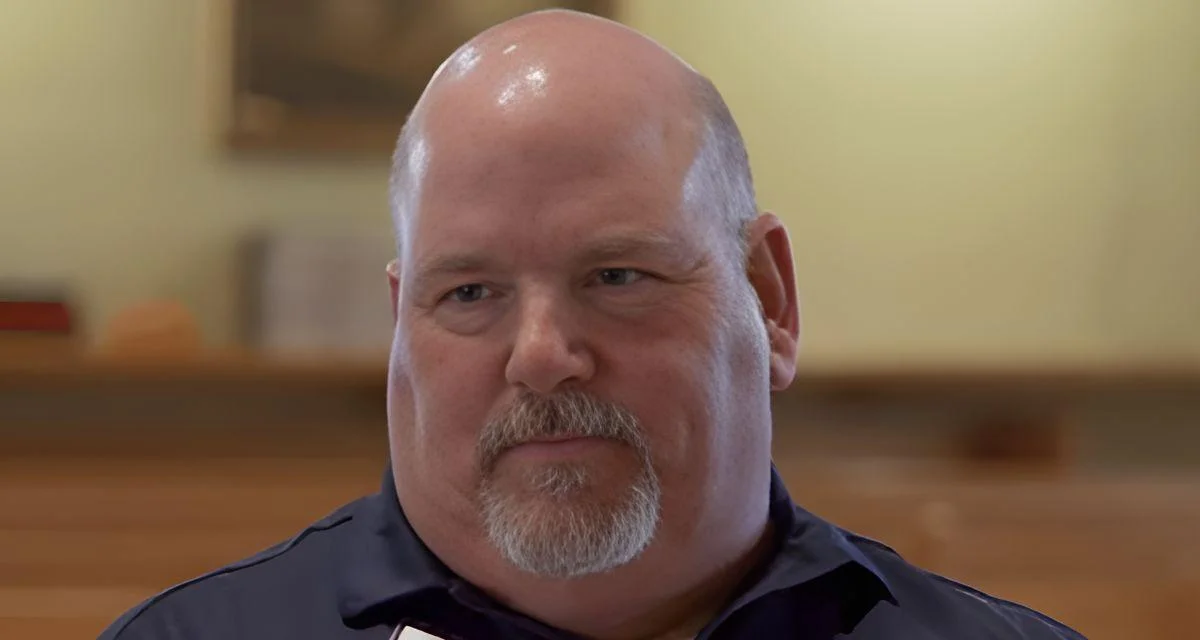As the 2024-25 academic year concludes, Chicago Public Schools (CPS) is beginning its Fiscal Year 2026 budget process. The primary goal is to protect school funding, avoid incurring new debt, and maintain current tax levels despite rising costs and the end of federal COVID-19 relief.
CPS CEO Pedro Martinez emphasized a student-focused approach to budgeting. He stated that CPS will continue investing in teaching and learning while seeking additional revenue and cost savings in central operations. The equity-based budgeting model will remain in place, ensuring each school receives necessary resources based on student needs.
The draft budgets for schools, which will be presented to principals on Thursday, are based on one of three potential scenarios discussed with the Chicago Board of Education. This scenario allows CPS to maintain current funding levels—a priority for various stakeholders including the Board and the Mayor’s office.
"Even in the face of real financial challenges, we are protecting our classrooms," said CEO Martinez. "We are not cutting the total amount of funding that goes directly to schools."
CPS faces a projected $529 million budget shortfall for the 2025-26 school year due to rising costs and the expiration of federal ESSER relief funds. Existing debt also poses challenges, with over $500 million spent annually on debt repayment.
To address this shortfall, CPS plans to release school budgets assuming $300 million in additional revenue. This would reduce the deficit to $229 million, allowing CPS to balance its budget through cuts and cost-saving measures at central offices.
For fiscal innovation at a local level, CPS advocates for equitable use of Tax-Increment Financing (TIF) funds historically diverted from schools. "Currently, more than $3 billion in TIF funds are held in City accounts," said CEO Martinez. He suggested allocating $600 million from these funds to support classrooms.
At the state level, despite improvements in Illinois’ education funding formula, CPS remains underfunded according to the Evidence-Based Funding model. Unique financial burdens include teacher pension costs and capital debt service funded by unrestricted dollars.
CPS seeks "pension parity" with other districts and requests increased EBF investments by $550 million annually along with additional support for student nutrition and early childhood education.
CEO Martinez led a delegation advocating for these investments last month in Springfield.
CEO Martinez and Chief Education Officer Bogdana Chkoumbova have overseen significant academic growth within CPS during their tenure. As they prepare to leave later this spring, they express pride in these achievements while calling for continued collaboration among city leaders.
"A strong public education system not only prepares our students for success—it secures our collective future as a thriving city," said CEO Martinez.
Local School Councils must approve their budgets by June 4th; thereafter, a proposed full District budget will be released this summer for public input before final approval by the CPS Board of Education later this summer.
 Alerts Sign-up
Alerts Sign-up





